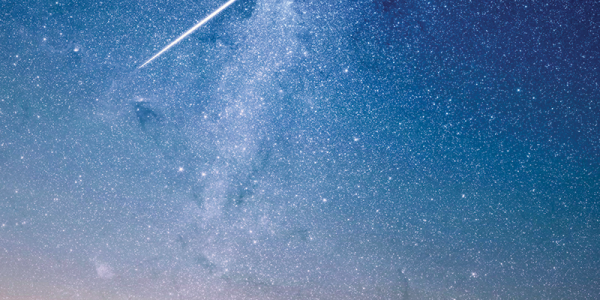Who Discovered the Expanding Universe? Spoiler: Not Hubble!: St. Louis Astronomical Society September Meeting
It is often wrongly thought that it was Edwin Hubble (1889-1953) who discovered the expansion of the universe in 1929. It was not. The discovery of the expansion, in 1914, was crucial to our understanding of the universe. It led to the “Big Bang” theory of cosmic origin in the 1930s, its confirmation in the 1960s, our present headaches over the value of the “Hubble constant,” and our theories of the role of dark matter and dark energy in the fate of the universe. In this talk, Dr. Marcus will recount the 1914 discovery, its discoverer, and Hubble’s jealous part in the subsequent story of the discovery of the expansion. In 2018, the International Astronomical Union (IAU) renamed the “Hubble law” the “Hubble-Lemaître law” to honor George Lemaître (1894-1966) for his application of Einstein’s general relativity theory to predict the cosmic expansion and the Big Bang. There is still some controversy over how the expansion ”Law” and the “Hubble constant” should be named. The IAU may resolve the issue during its 2027 conference.
Dr. Joseph Marcus is a retired pathologist and veteran amateur astronomer with particular interest in comets. He edited the internationally circulated Comet News Service, based at the McDonnell Planetarium in Forest Park, between 1975 and 1986. He has continued his comet research and disseminated results in numerous scientific journals.
The St. Louis Astronomical Society is an organization for individuals interested in astronomy and telescopes. The public is invited to attend its meetings, telescope observing sessions, and special events. For more information about Astronomical Society events, please visit www.slasonline.org.
Free parking will be available.

